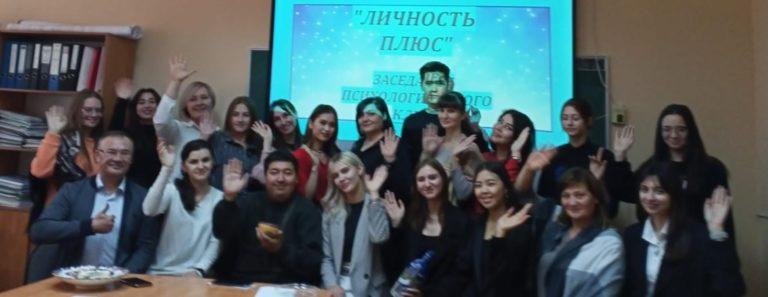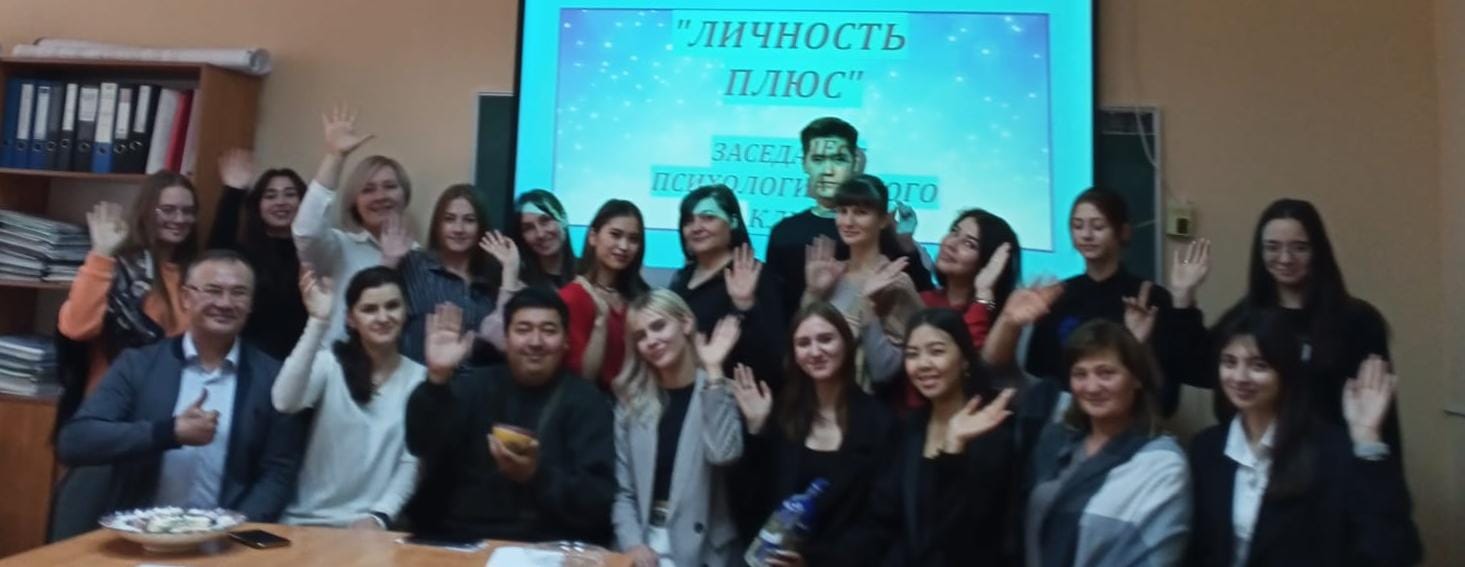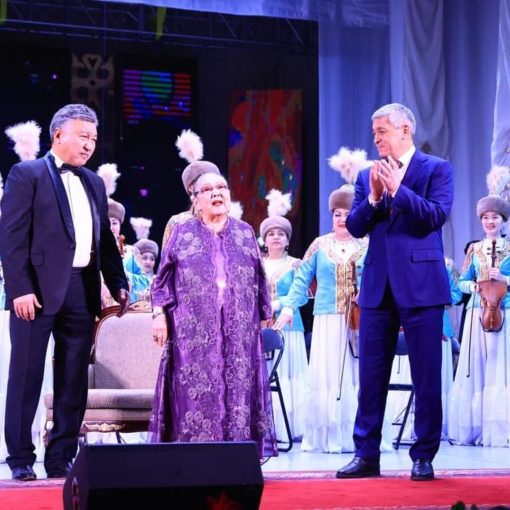
On November 2nd, a meeting of the “Personality Plus” Psychological Club took place, attended by students majoring in “Pedagogy and Psychology,” “Pedagogy and Primary Education Methodology,” and “Foreign Language: Two Foreign Languages” in both full-time and part-time formats. The event also welcomed invited guests and faculty members.


Opening the club meeting, President Sofia Husainova emphasized that the modern world is complex and diverse, but it is intriguing because we all come from different historical roots, cultural codes, and national traditions. This fact inspired the theme of today’s gathering: “Psychological Aspects of Ethnic Identity of Individuals from Different Countries (Adaptation Issues in an Intercultural Environment).”

The students’ presentations included independent research on the ethnopsychological characteristics of representatives from different countries around the world: Germany, Sweden, America, Spain, Japan, and Turkey.
“Ethnic Paradoxes of Modern Germany” (Sofia Husainova, Asemgul Zhunusova – Pedagogy and Psychology, Group ПиП-22-1).

“Psycho-Logical Features of Sweden and Swedes” (Stanislav Yurievich Smirnov – Senior Lecturer, Department of General Educational Disciplines).
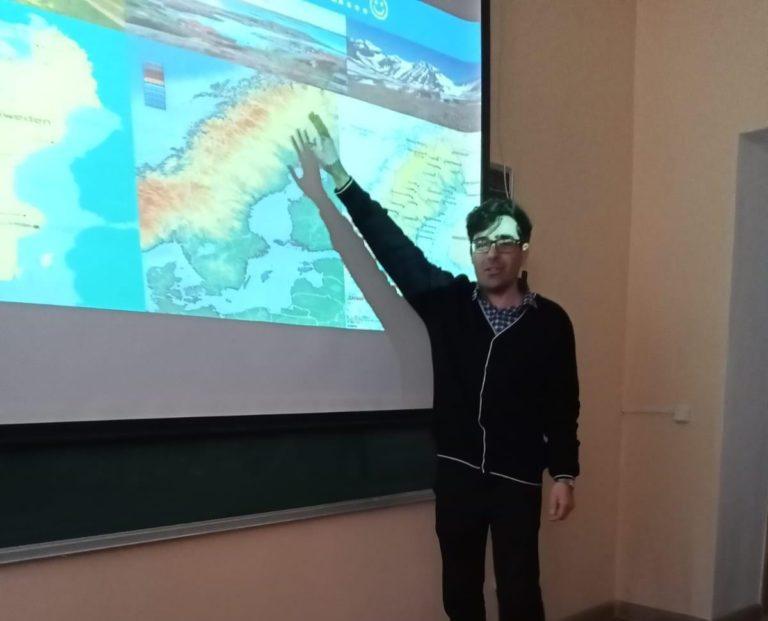

“Japan: Ethnocultural Heritage in a Psychological Context” (Tatiana Fedyayeva, Yelizaveta Kerimova – Pedagogy and Psychology, Group ПиП-22-1).
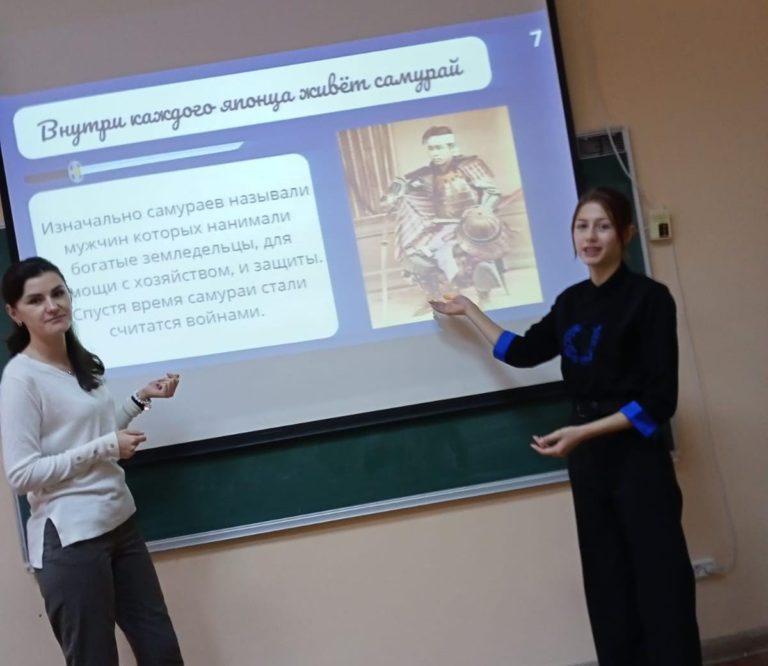
“American Lifestyle: Dream or Disappointment” (Julia Mantrova, Lyubov Kimlach – Group дПМНО- 22-1).

“Psychological Characteristics of the Spanish Ethnic Group: Life, Joy, & Activity” (Darya Nurshinova – Group ПиП-22-1).

“Ethnopsychological Features of Turkey” (Zhanna Kusainova, Aigerim Karisova – Group ПиП-20-1).

Understanding the ethnic identity of different nations opens up the opportunity to comprehend one’s own “self,” historical roots, and value priorities.
